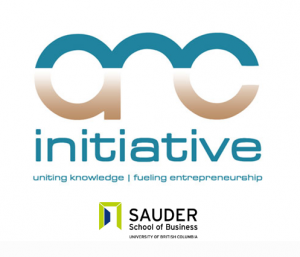
Although the United Nations and Social Enterprises are both interested in creating sustainable societies through resolving world crises by initiating change, they are still very different organizations in terms of size of operations. The extremely large size of the United Nations (due to the fact that it is an international organization for 193 member states) makes achieving their several goals extremely challenging. On the other hand, Social Enterprises are much smaller, and have a more focused goal: providing communities a way to alleviate from financial hardship through entrepreneurship and other business methods. Therefore, even if the United Nations were to be fully funded, Social Enterprises like the Arc Initiative are necessary in order to ensure that there is a platform for such changes to be made.
In order to initiate change in society, you must have people willing to initiate action. Specifically, the Arc Initiative at the Sauder School of Business has a goal of exchanging knowledge and business skills in order to provide people in third world countries the expertise they need to form their own local small businesses. Through internships and workshops, the Arc Initiative is able to provide a method that fuels the entrepreneurial spirit, giving a boost to the people who lacked the skills and resources before. Students from Sauder are sent to areas in South Africa, Ethiopia, Colombia and Rwanda, allowing them to become directly immersed within the communities they are trying to help improve by providing them a more specific understanding of the businesses and the problems their owners face.
“Non-profits that have donated money to Rwanda following the war but didn’t make a lasting impact”
– Arielle Uwonkunda.
While the United Nations and other big charities may be able to allocate large sums of money for third world countries, simply injecting funds is often unhelpful and may be easily misallocated for the people living within impoverished communities. However, the Arc Initiative gives developing entrepreneurs a method to learn how to create long-term economic success.
Sources and Further Reading:
http://news.ubc.ca/2014/06/30/upward-arc/
https://www.youtube.com/watch?v=N8LVa9pb-n8
http://www.sauder.ubc.ca/Global_Reach/ARC_Initiative/About_ARC




